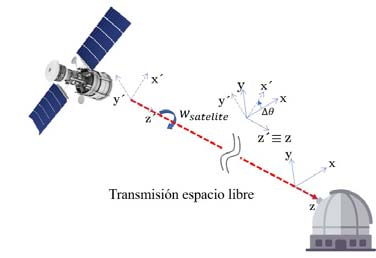Showing 1 to 15 of 2456 results
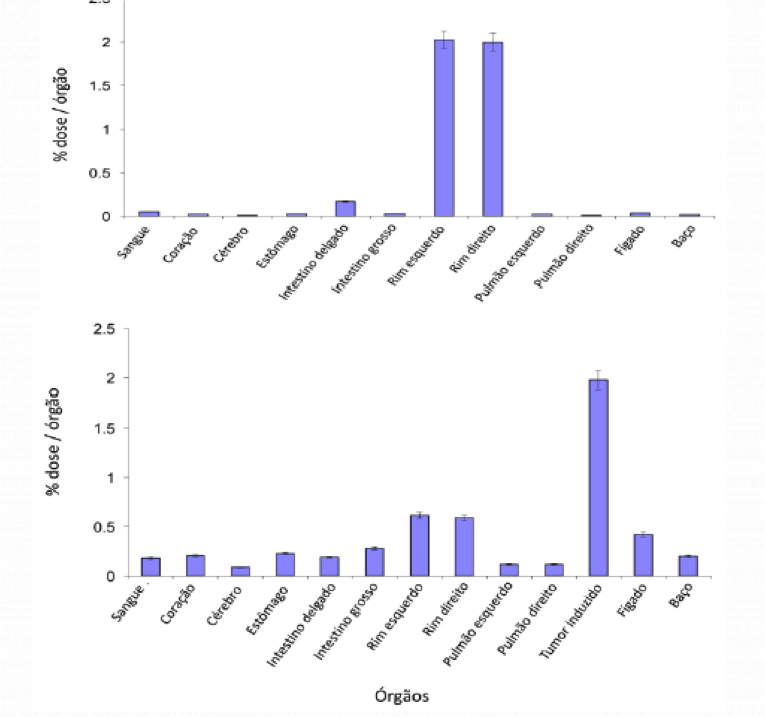

MULTI-TECHNIQUE MOLECULAR IMAGING AGENTS AND THEIR DIAGNOSTIC KITS
Patents for licensing USP Innovation Agency

Smart Resize of Images & Videos
Patents for licensing Yeda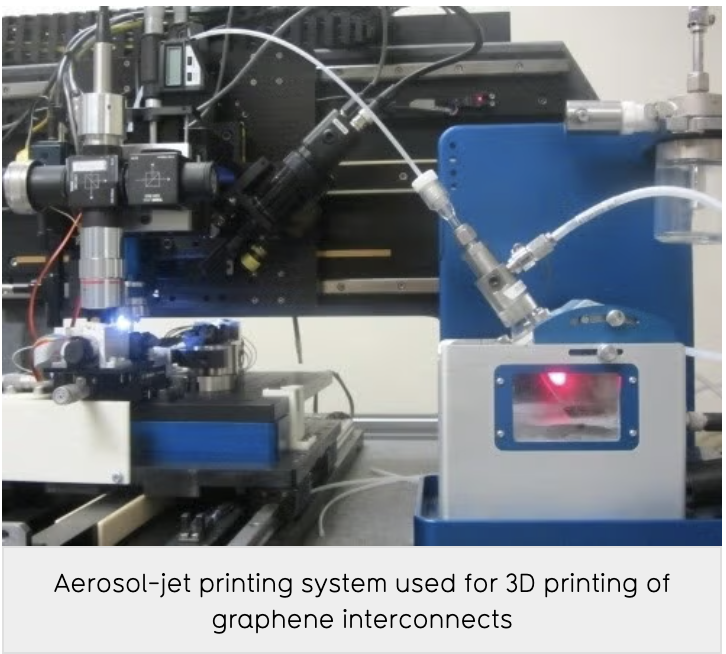

Graphene printing and additive manufacturing
Innovative Products and Technologies University of Waterloo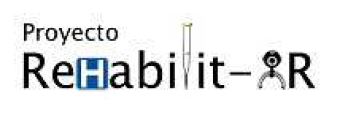

Rehabilit-AR: Augmented Reality for Rehabilitation
Innovative Products and Technologies UNIVERSIDAD DE BURGOS

Very active aluminum catalysts in glycidyl methacrylate ring opening polymerization, with application in electronic devices
Patents for licensing Universidad de Alcalá-OTRI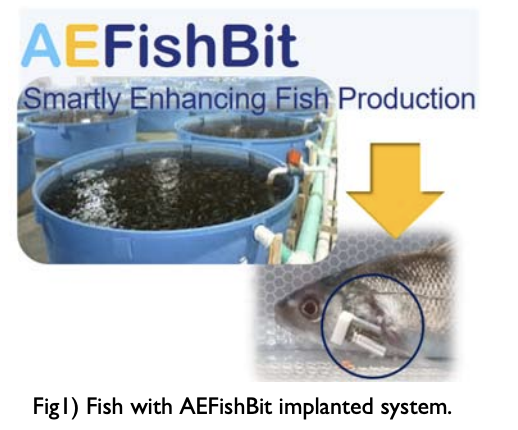
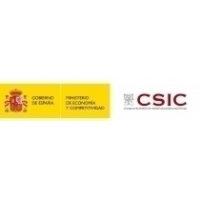
Stress and metabolic monitoring system to improve fish production
Patents for licensing Spanish National Research Council

Biodegradable CCK-receptor Targeted Nanoparticle for the Treatment of Cancer
Innovative Products and Technologies Georgetown University

Gait analysis technology for improved outcomes in neurological disease and injury recovery
Patents for licensing Georgetown University

DataDot machine vision reader
Innovative Products and Technologies CSIR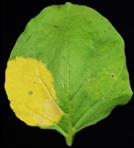

Biogenesis on-demand for the production of carotenoids and phytonutrients
Patents for licensing Consejo Superior de Investigaciones Científicas

SURFACE MODIFIED LITHIUM MANGANESE OXIDE FOR LITHIUM EXTRACTION
Innovative Products and Technologies University of Alberta, Technology Transfer Services

Treatment of Metabolic Syndrome and Obesity
Innovative Products and Technologies Georgetown University

Manganese-Nitride based Novel Magnetic Materials
Innovative Products and Technologies Georgetown University

Control system that allows drones to flight autonomously
Patents for licensing UNIVERSIDAD DE ALICANTE